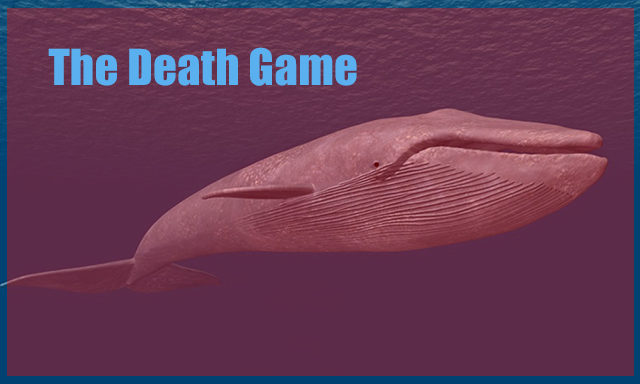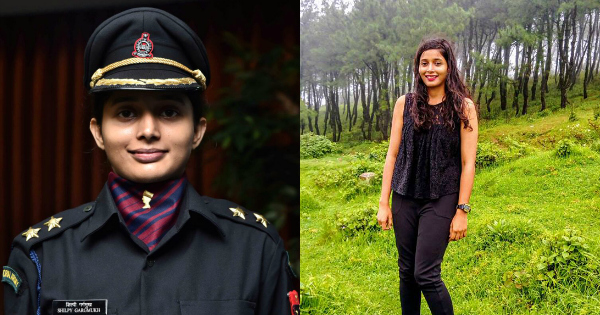A few weeks ago, Mumbai was chilled to its bone with the news of a 14 year old boy, jumping to death from the terrace of his seven storied building in Andheri East. This news cannot be brushed aside as just another teenage suicide, this was a premeditated murder of a vulnerable young boy through an online game known as the ‘Blue Whale Challenge’.

The Blue Whale Game was allegedly started in 2013 in Russia by a Psychology student Philipp Budeikin on the largest European social media site called VKontakte. His reason, as cited, was that he was trying to ‘cleanse the society of lives which had no value.’ The game, which lasts 50 days, entrusts a task to the player on each day, ranging from simple tasks like watching scary videos during wee hours to grotesque ones like carving a blue whale on their wrists. The challenge on the 50th day i.e. the last challenge is to commit suicide and post a picture as evidence before a committing the act. Blue whale challenge is believed to be the reason for the death of over 130 young people, most of them teenagers.
Now the question is why do teenagers and young adults participate in this game? The game targets depressed and suicidal individuals. It is believed to brainwash and manipulate its players into carrying out the dictated task often to a point where they begin to perform a task without questioning the relevance of it. Individuals who are depressed and suicidal are made to feel like they are a part of like-minded groups, only that the game encourages them to slip down further away from an opportunity to live a healthy life. The administrators of this game feed off the vulnerability and fragility of such individuals. Quite possibly, the promoters of the game derive psychotic and sadistic pleasure out of controlling another individual and commanding them to commit acts of self violence. Players who were saved in time or rescued before they could commit suicide reported that they were threatened by the administrators of the game when they hesitated in carrying out the game’s tasks. But can we simply blame these deaths only on the negligence and irresponsibility of social media?
As parents, it is pertinent that you are observant of the warning signals well in time. Mental health is often an area of concern that is completely neglected within families. Read through this list of simple and very important steps for being aware and sensitive to the mental health of your dear ones.
- Be vigilant of behavioural changes. Mood swings stretching beyond two days can be an indicator of a persisting stressor.
- Talk to the person. Do not hesitate in extending a listening ear or a shoulder to lean on.
- If your child is spending an unprecedented amount of time online, take a note of the websites she/he is visiting. Currently, children are the easiest victims of cyber crime.
- If your child shares with you a concern troubling her/him, do not brush it aside, however trivial it may seem to you. Hear them out, assure your support and assist your child in finding a solution.
- Be an active participant in your child’s life. If your child expresses a wish to die or jokes about committing suicide with you, do not turn a blind eye to this hint. It maybe a cry for help. Talk to you child first and visit a Psychologist or a counsellor as soon as possible.
Cyber world is too vast to be controlled or contained and with growing technology one cannot abstain from being sucked into a technologically dependent life. However, a loving and supportive family and a sensitive society can atleast protect its children from falling prey to online groups like the Blue Whale Challenge.






























